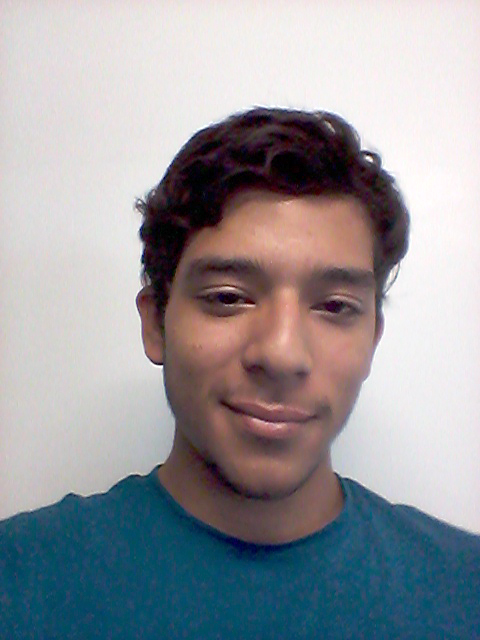Is it safety or persecution?

This archived article was written by: Rodrigo A. Leon
In today’s world we are concerned about our safety with good reason; there are dangers in the world. Can we take it too far? When are we fighting an enemy that isn’t there? Or when we start preemptively attacking others? And how do we define who the enemy is? As a society we have already named the enemy, and once named we will persecute and hunt in the name of safety.
On Sep 16, 2015, Ahmed Mohamed, a 14-year-old-Muslim boy, built a clock out of a pencil box, so he took it to school to show off his creation. Instead of getting congratulated, he got arrested for attempting to bomb the school. He was arrested for being creative, for being brilliant. Yet these are the things we try to teach kids, we teach them to be creative and take their learning outside of the classroom.
Take Conrad Farnsworth, who at the age of 18, built a nuclear reactor in his garage something 100 times more dangerous than a clock; yet instead of getting arrested, he gained a full-ride scholarship to Harvard. Now what is the difference between Farnsworth and Mohamed? Because it isn’t where the device was because they both ended up in a school, nor was it ambitions, both where smart, curious kids. It was their race and religion; Farnsworth is white and Mohamed is a Muslim.
We have a problem in the U.S., we are worried about who will attack us next, so we lash out at groups just so we can blame others for our actions.
When the U.S. misbehaves, we lash out at those who react to our actions. For example, we globalize and impose our form of life on others because we believe our governmental system is the only one that works. The last time some other nation told us how to run our government, we went to war, but now we hate it when people do the same to us. That isn’t the worst of it, once a few people lash out, we label what they have in common as evil. Now all people who share that trait are also evil. After 9/11, we labeled all Muslims as radical terrorists and thus we went to war. Because of our tactics, we created terrorists, which thus justified the war we were in, again retrenching the idea that Muslims are terrorists, which justifies the kinds of rights abuses like the Mohamed. We have persecuted people in the name of safety and justice.
We have to be critical of how we evaluate threats, not just numbers, or how likely is a scenario, but first look at why these scenarios happen and second we need to be conscience of the way we evaluate people and their traits. We can’t just pretend that without thinking we can make unbiased decisions. We have been taught these things and can’t pretend we are perfect that we can unconsciously override these biases.




